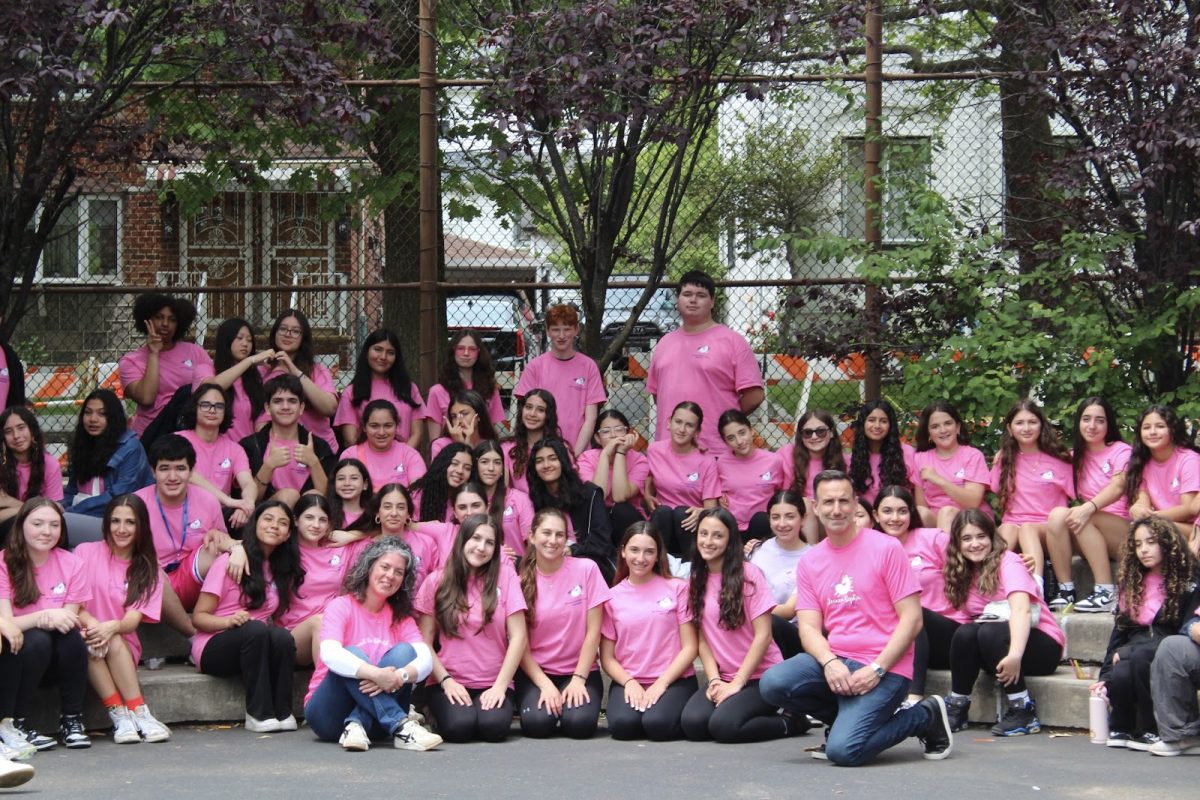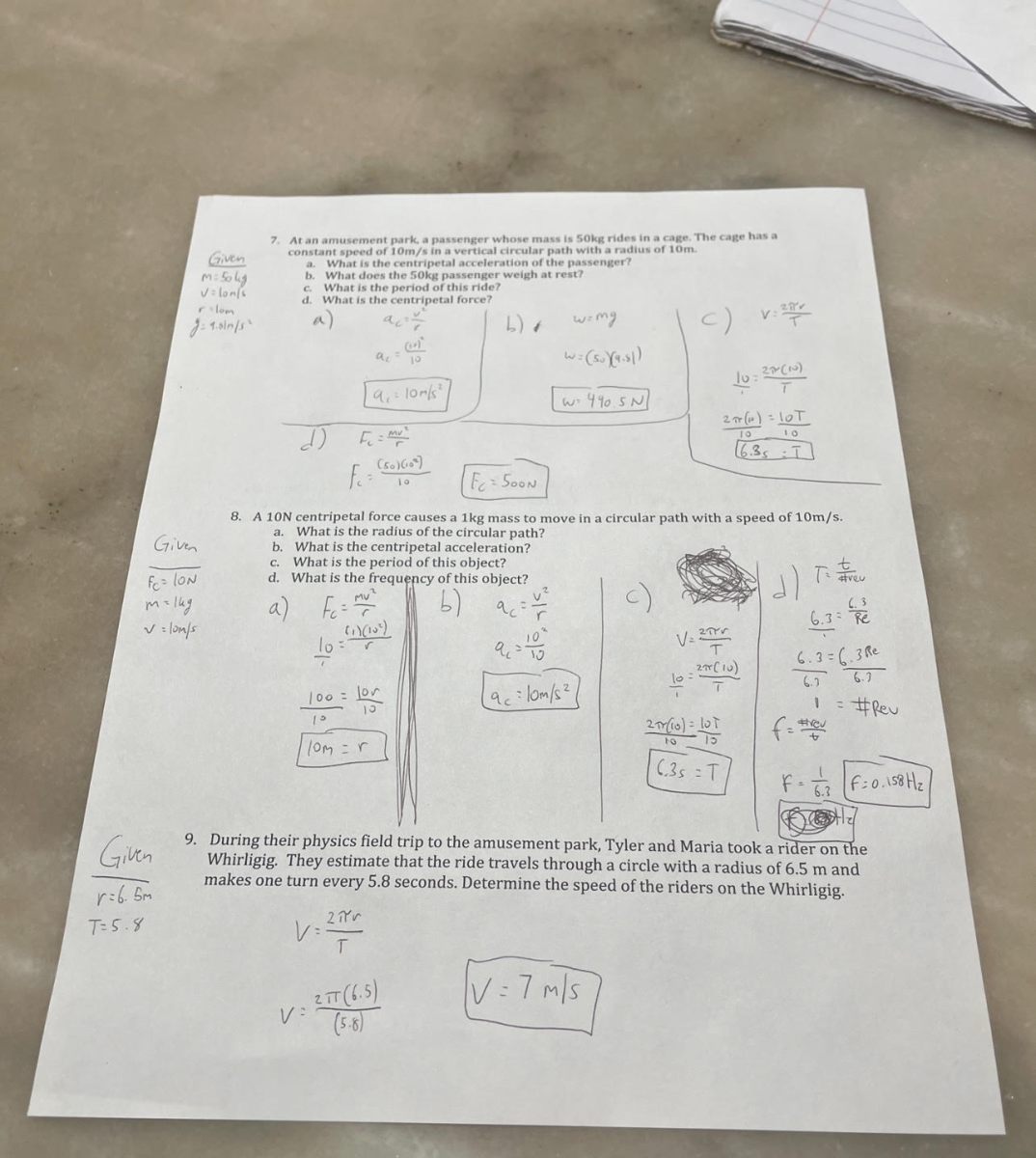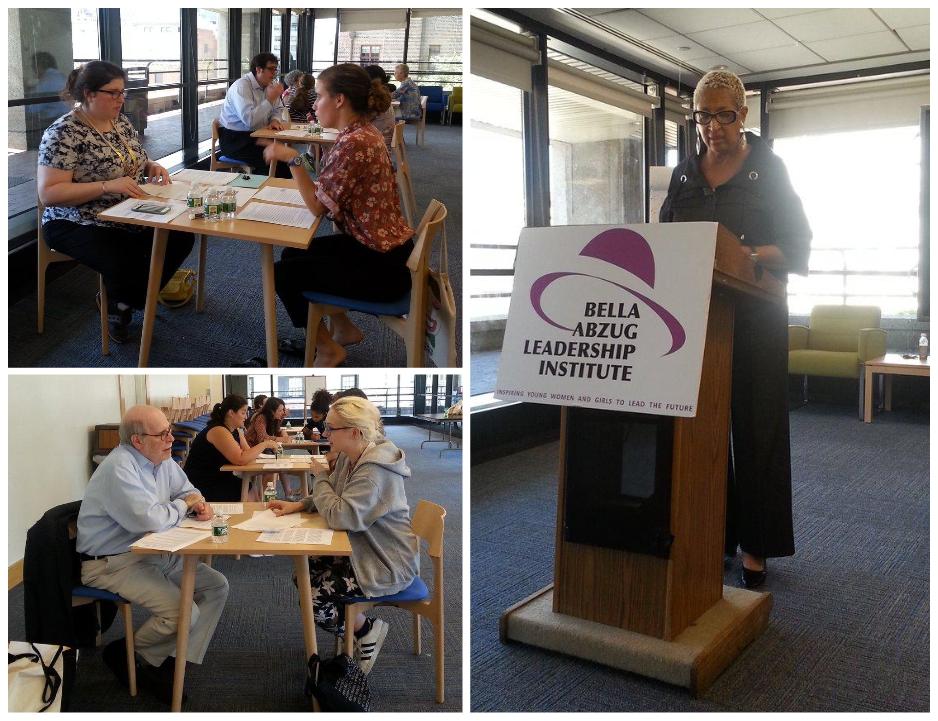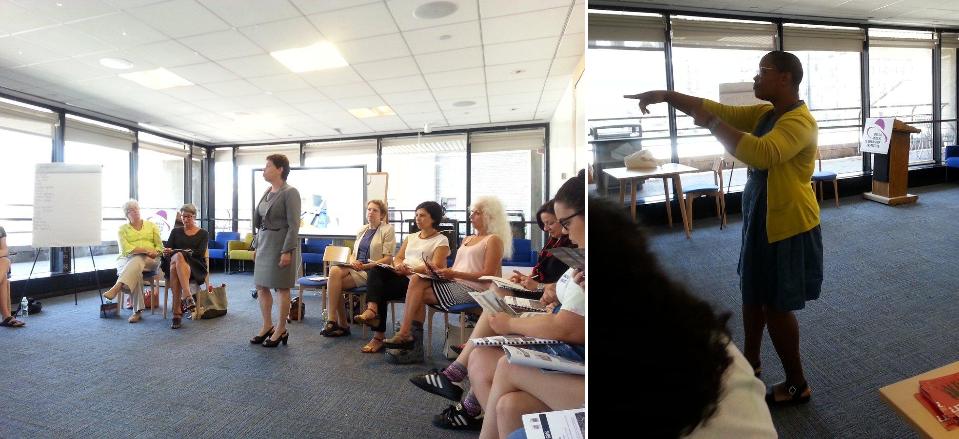
by Angela Lee, junior opinion editor
Core subjects such as English, Math, Science, and History are classes that all students are required to take, until they reach colleges or universities that allow flexible schedules, where the students would be permitted to decide what they want to learn, based on what their majors are.
The debate questions whether or not students should be required to take all classes.
“I would prefer taking all subjects because that’s the kind of thing colleges want to see,” junior Amanda Goldberg said.
Often, students do not know what their strengths or weaknesses are, unless they take a variety of classes that show them where they struggle or exceed.
Taking all classes, in this case, would benefit students who don’t already have an idea of what they would like to be in the future.
Both core subjects and elective classes may help students discover what they’re passionate about, as well as give them an idea of what other subjects are like and what is expected of them for certain careers.
“Students should not have to take all subjects because it wastes time for the ones who already know what they want to do in the future,” junior Mike Hua said.
Others argue that students should not be required to take all subjects.
For those who know what they want to do in the near future, some classes might not even help them. For example, one who may want to be a writer would not learn how to be a writer from a science class. Similarly, one who may want to pursue a career in math may not find taking English or history classes useful, but rather a waste of their time.
Students should be allowed to take classes they want. Not only would it improve their skills for a future career they plan to work in, when student chooses their classes, they would be more interested and engaged in the lessons.
Teachers, in turn, wouldn’t have to worry about students who sleep during lessons or ditch school in general. Teachers would be focused on teaching wide-eyed students the things they want to know, instead of teaching in a room full of disinterested, bored students for hours every day. They wouldn’t want to prepare lessons, knowing fully well that what they spend their nights preparing for their students are going in one ear and straight out of the other.
Educators should educate students on the things they’re passionate about, not the things they could care less about. If the school allows students to take the classes they want, students will feel like they are more in control of the future they wish to have.
It will also prepare them for the demands their future careers will ask of them. By the time they get their dream jobs, they would already have known the ropes.











































